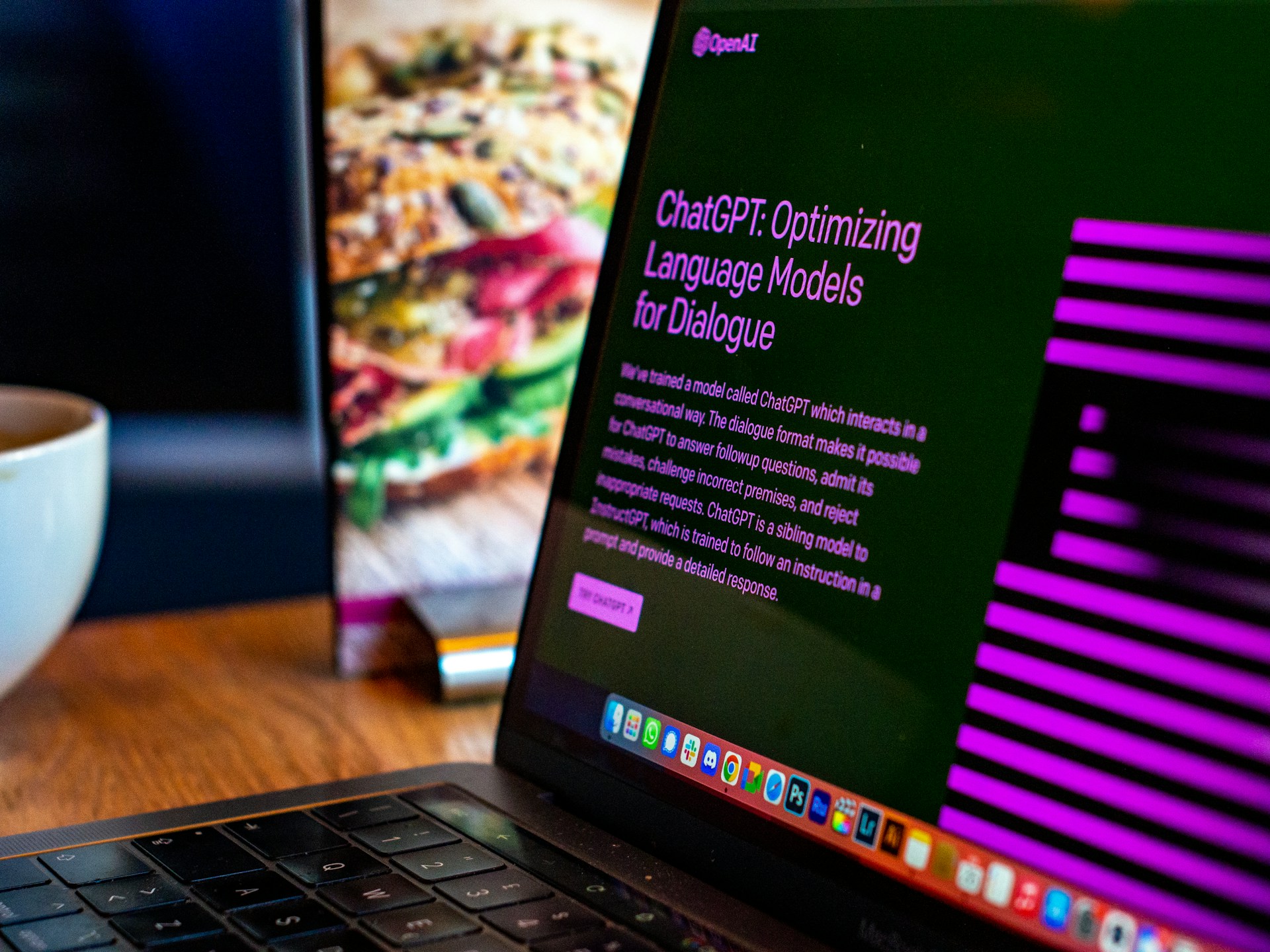Achieving the Potential of AI Across Cultures
Artificial Intelligence (AI) has become a transformative force across various industries, poised to revolutionize fields from healthcare to transportation. However, harnessing its full potential is fraught with challenges, particularly in cross-cultural applications. While significant progress has been made in understanding the training needs of Large Language Models (LLMs), the subtleties of cross-cultural AI models remain less explored.
AI models trained in one cultural context may not perform optimally in another. For instance, an AI system developed and trained in California might struggle to be as effective in Europe or Asia due to differences in language, social norms, and regulatory environments. This discrepancy can lead to suboptimal performance and even unintended consequences.
In 2023, ChatGPT illustrated this issue when it inferred that a couple dining at a restaurant in Madrid who tipped 4% were frugal, on a tight budget, or dissatisfied with the service. This interpretation was based on the North American tipping standard of 15% to 25%, overlooking the Spanish custom where tipping is less common. Similarly, DALL-E 3, an image generation model trained predominantly on images from Western countries, produced images of pancakes, bacon, and eggs when asked to generate a picture of breakfast, neglecting the diverse breakfast customs around the world.
As LLMs are increasingly used for automating various processes, the North American bias ingrained in these models can result in discrimination against people from diverse cultures. This lack of cultural awareness may lead AI to perpetuate stereotypes and reinforce societal inequalities.
To address these issues, it is crucial to train LLMs in languages other than English and enhance their cultural awareness and sensitivity. This topic is central to a plenary session at the upcoming Horasis Global Meeting in Vitória, the state capital of Espírito Santo, Brazil. The two-day event, taking place from October 25-26, 2024, will bring together leaders from businesses and governments to explore solutions to pressing global challenges such as climate change, inequality, and peace.
Training AI Models for Cross-Cultural Effectiveness
AI models must be trained with data that reflects the cultural nuances of the target region, including local languages, dialects, and social norms. Investors in emerging AI solutions should prioritize implementing pilot programs in target regions to gather real-world data and feedback. This approach will help identify cultural mismatches and areas for improvement.
The University of British Columbia is enhancing LLMs with culturally diverse knowledge. A team of AI specialists at the university is currently collecting a large-scale image captioning dataset with images from 60 different cultures. This initiative aims to teach models about the existence of culturally diverse concepts and how people interpret the world through their cultural lenses.
Different regions have varying regulations regarding data privacy and AI usage, making compliance with local laws crucial to avoid legal repercussions. Brazil is leading South America in AI regulation, proposing three new laws to govern AI development and use. These legislative efforts build on the Brazilian AI Strategy, introduced in 2019, which aims to promote trustworthy and ethical AI. The strategy prioritizes human well-being and rights in AI use, emphasizing principles like respect for human dignity, privacy protection, transparency, and human oversight. Non-compliance with the proposed bill could result in penalties of up to BRL 50 million (US$ 9.21 million) or 2% of turnover, and potentially suspension or a ban on operations.
The Future of AI in Management
The allure of AI is undeniable, but will its glamor fade over time? The answer depends on how effectively we tackle current challenges and responsibly harness AI’s potential. AI is set to become an essential component of management tools, aiding in decision-making, predictive analytics, and operational efficiency.
Petrobras, a leading global energy company, has partnered with Microsoft to develop ChatPetrobras, an internal AI-powered tool. Using the GPT model and AI technologies from Microsoft Azure OpenAI Service, ChatPetrobras aims to facilitate faster decision-making, provide valuable business insights, and improve workflow efficiency for over 100,000 Petrobras employees, all while ensuring compliance with stringent information security standards, data protection laws, and Brazilian government regulations.
The future of AI lies in augmenting human capabilities rather than replacing them. Effective collaboration between humans and AI can lead to better outcomes. For example, the Government of the State of São Paulo has partnered with Microsoft to integrate AI Copilot into daily classroom activities. This initiative, which aims to benefit teachers and over 3 million students across São Paulo, streamlines tasks such as assignment corrections, test scoring, and providing student guidance. By automating routine tasks and offering immediate, actionable feedback, this program promises to enhance teaching efficiency and the quality of learning for millions of students in Brazil.
As AI continues to evolve, its role as a management tool will become increasingly significant, provided we navigate the challenges thoughtfully and responsibly. By doing so, we can unlock AI’s true potential and create a future where technology enhances human capabilities across diverse cultural landscapes.
Photo Caption: While significant progress has been made in understanding the training needs of Large Language Models (LLMs), the subtleties of cross-cultural AI models remain less explored.



